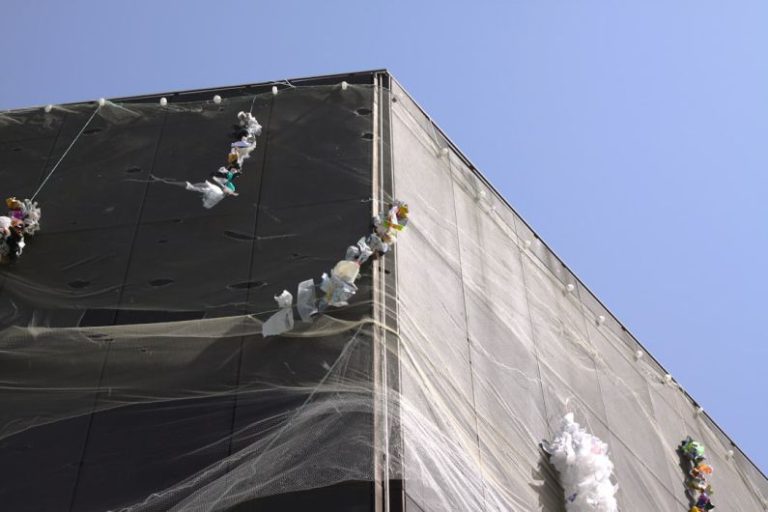Boosting Your Problem-solving Skills in Creative Fields
In the dynamic world of creative fields, problem-solving skills are essential for success. Whether you are a graphic designer, an architect, a writer, or an artist, the ability to think critically and find innovative solutions is what sets you apart. Enhancing your problem-solving skills can lead to more efficient workflows, increased creativity, and a deeper understanding of your craft. Here are some strategies to help you boost your problem-solving skills in creative fields.
Understanding the Problem
The first step in solving any problem is to fully understand it. Take the time to analyze the situation, identify the root cause of the issue, and define your objectives clearly. Sometimes, the problem you are facing is just a symptom of a larger issue. By digging deeper and asking the right questions, you can uncover the underlying problems and address them more effectively.
Embrace Creativity and Innovation
Creativity is at the heart of all creative fields. To enhance your problem-solving skills, you need to embrace creativity and think outside the box. Experiment with different approaches, explore new ideas, and be open to unconventional solutions. Innovation often arises from combining seemingly unrelated concepts or challenging traditional thinking. By fostering a creative mindset, you can discover unique solutions to complex problems.
Collaborate and Seek Feedback
Collaboration is a powerful tool for problem-solving in creative fields. Working with others allows you to gain new perspectives, leverage diverse skills, and generate fresh ideas. Seek feedback from colleagues, mentors, or clients to gain valuable insights and refine your solutions. Constructive criticism can help you identify blind spots and improve your problem-solving approach. Embrace collaboration as a way to enhance your problem-solving skills and broaden your creative horizons.
Practice Mindfulness and Reflection
Mindfulness is the practice of being fully present and aware of your thoughts and actions. By cultivating mindfulness, you can improve your focus, reduce distractions, and approach problems with clarity. Take the time to reflect on your problem-solving process, evaluate your decisions, and learn from your experiences. Mindfulness can help you stay grounded in the present moment, overcome obstacles, and make better-informed choices.
Continuous Learning and Skill Development
In creative fields, learning is a lifelong journey. To enhance your problem-solving skills, commit to continuous learning and skill development. Stay curious, explore new techniques, and expand your knowledge base. Attend workshops, take online courses, or participate in professional development programs to sharpen your problem-solving abilities. The more you invest in your growth and development, the better equipped you will be to tackle challenges and overcome obstacles.
Adaptability and Resilience
Problem-solving in creative fields often requires adaptability and resilience. Be prepared to pivot, adjust your strategies, and embrace change as you navigate through challenges. Cultivate a growth mindset that views failures as opportunities for learning and growth. Develop resilience by staying flexible, maintaining a positive attitude, and persevering in the face of setbacks. Your ability to adapt to new circumstances and bounce back from adversity will strengthen your problem-solving skills in creative fields.
Embrace Failure as a Learning Opportunity
Failure is an inevitable part of the creative process. Instead of fearing failure, embrace it as a valuable learning opportunity. Analyze your mistakes, extract lessons from them, and use them to refine your problem-solving approach. Failure can lead to breakthroughs, spark new ideas, and push you out of your comfort zone. By embracing failure as a stepping stone to success, you can develop resilience, creativity, and a growth mindset that will serve you well in your creative endeavors.
In conclusion, boosting your problem-solving skills in creative fields requires a combination of creativity, collaboration, mindfulness, continuous learning, adaptability, and resilience. By incorporating these strategies into your problem-solving approach, you can overcome challenges, unlock your creative potential, and achieve greater success in your creative pursuits. Keep exploring, experimenting, and pushing the boundaries of your creativity to become a more effective problem-solver in the dynamic world of creative fields.






